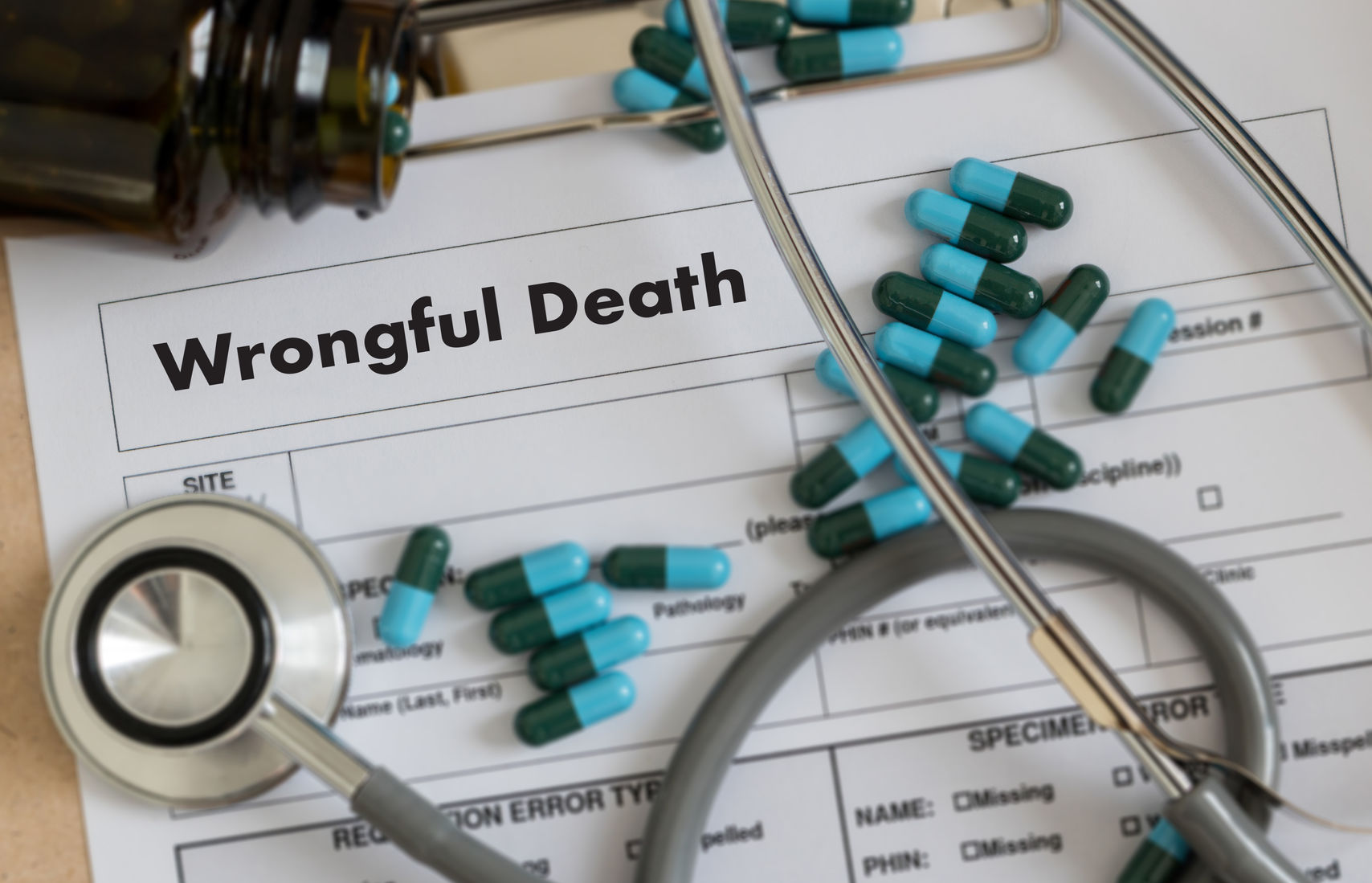The death of a loved one is a heartbreaking tragedy that is often overwhelming, emotional, and difficult.
If your loved one dies as a result of illness or natural causes, there’s not much you can do besides grieve and figure out how you can continue to live your life. However, if your loved one dies because of someone else’s negligence, then you might be able to seek justice and damages for your loved one’s death by filing a wrongful death suit.
Let’s first look at what wrongful death is, and then explore what damages can be sought and what you need in order to prove your claim.
What Is “Wrongful Death” in Florida?
The Florida statutes discuss negligence in Chapter 768 and, more specifically, wrongful death in 768.16-768.26.
Under the Florida Wrongful Death Act, you have a right to sue for wrongful death:
“When the death of a person is caused by the wrongful act, negligence, default, or breach of contract or warranty of any person, including those occurring on navigable waters, and the event would have entitled the person injured to maintain an action and recover damages if death had not ensued, the person or watercraft that would have been liable in damages if death had not ensued shall be liable for damages.”
For example, if a loved one is injured in car accident due to someone’s negligence, they would most likely be able to sue the driver of the other car for damages. The same concept applies to wrongful death. If your loved one succumbs to their injuries in the previously mentioned example, then the driver of the other car can still be sued for damages. Only this time, their personal representative would have to bring the lawsuit instead, on behalf of living family members.
Who Can Receive Wrongful Death Damages?
Wrongful death suits in Florida must be filed within two years of the date of death, and our laws explicitly state that survivors can receive damages from a wrongful death claim
Each survivor may recover the value of lost support and services from the date of the decedent’s injury to her or his death, with interest, and future loss of support and services from the date of death and reduced to present value.
A “survivor” is defined as “the decedent’s spouse, children, parents, and, when partly or wholly dependent on the decedent for support or services, any blood relatives and adoptive brothers and sisters. It includes the child born out of wedlock of a mother, but not the child born out of wedlock of the father unless the father has recognized a responsibility for the child’s support.”
Additionally, certain survivors can receive other damages:
- The surviving spouse can recover loss of companionship and protection and mental pain and suffering.
- Minor children (and all children if there isn’t a surviving spouse) can recover loss of parental companionship, instruction, and guidance, and mental pain and suffering.
- Each parent of a deceased minor child can recover for mental pain and suffering.
- Each parent of an adult child may recover for mental pain and suffering if there are no other survivors.
- Medical or funeral expenses due to the decedent’s injury or death may be recovered by a survivor who has paid them.
Proving Wrongful Death in Our State
The plaintiff in a wrongful death case generally needs to prove three main elements:
Duty of care. The plaintiff needs to prove that the defendant had a duty of care to the deceased person. Continuing with our car accident example, the driver has a responsibility to follow the rules of the road and drive carefully when behind the wheel.
Breach of duty of care. First, the plaintiff has to show that a duty of care exists. Then, the plaintiff has to prove that the defendant breached that duty of care. In a car accident, if the other driver was speeding, ran a red light, or drove drunk, then they breached that duty of care.
Causation. Finally, the plaintiff has to prove that the breach of duty of care directly caused the wrongful death. Even if the defendant was speeding, the defendant isn’t responsible for the wrongful death if something else – such as a mechanical issue on the deceased’s car – ultimately caused the death. (However, if it was caused by a defective part, then the manufacturer of that part might be able to be held liable, for example.)
If you’ve lost a loved one due to someone else’s negligence, you’re probably not even thinking about a lawsuit, but you should consider reaching out to an experienced Florida wrongful death attorney. A skilled lawyer will be able to help you determine if you have a viable wrongful death claim and help you seek justice for your loved one’s death.
About the Author:
Jeffrey Braxton is a trial lawyer in Fort Lauderdale who has devoted his career to the practice of personal injury law. As lead trial attorney for The South Florida Injury Law Firm, Jeff has litigated thousands of cases and is a member of the Million Dollar Advocates Forum, an exclusive group of attorneys who have resolved cases in excess of one million dollars.





